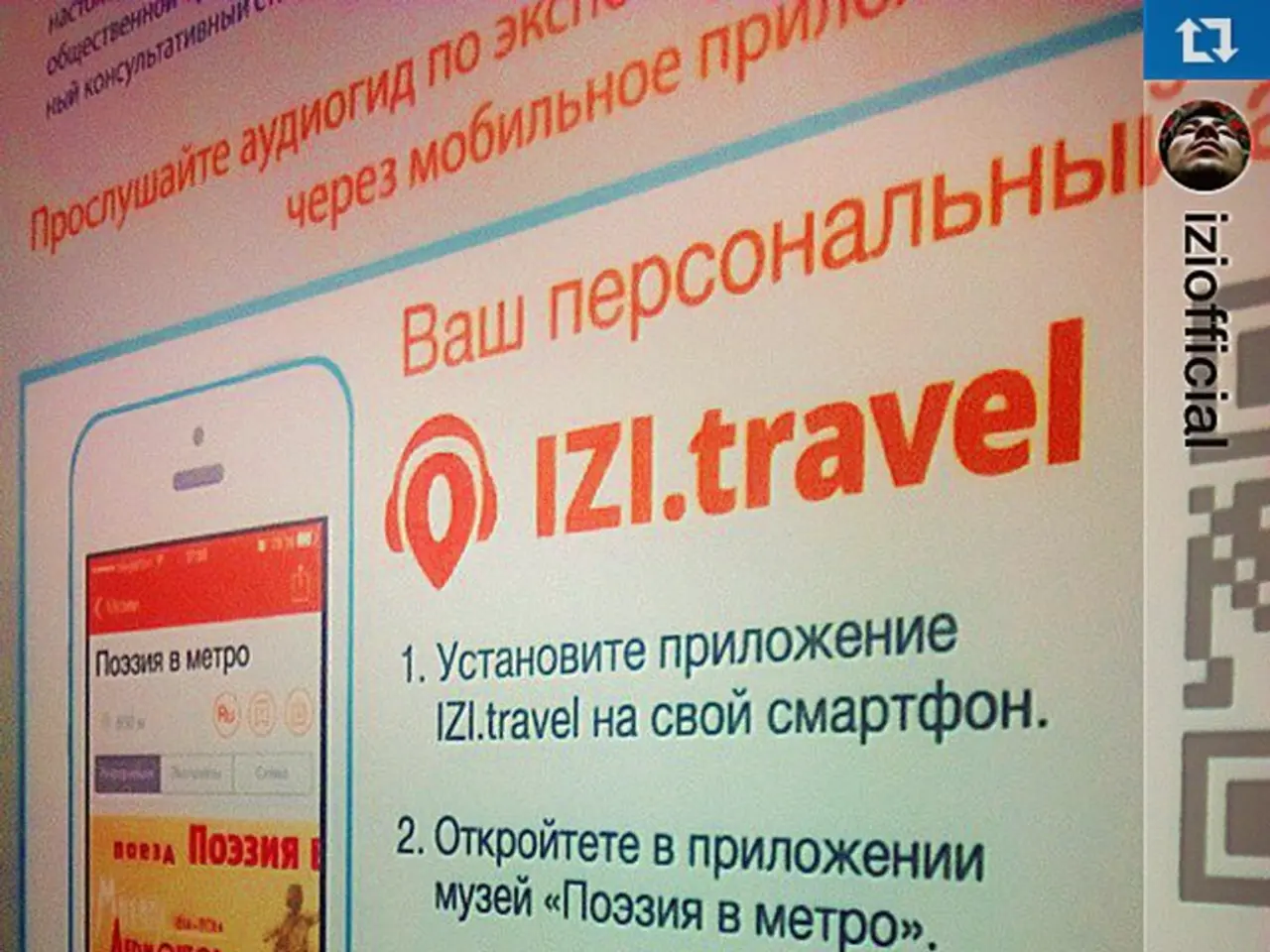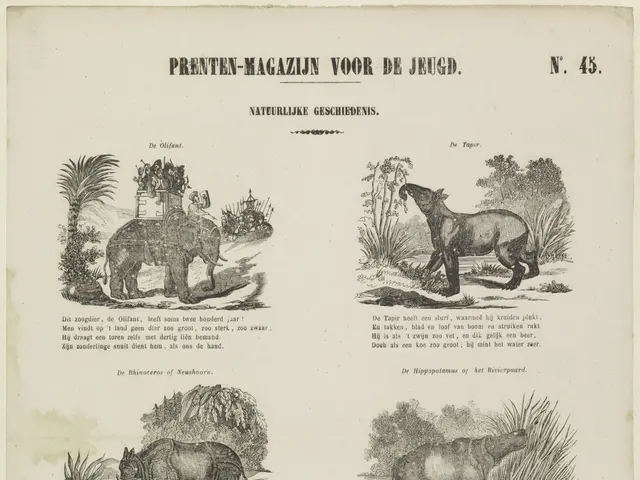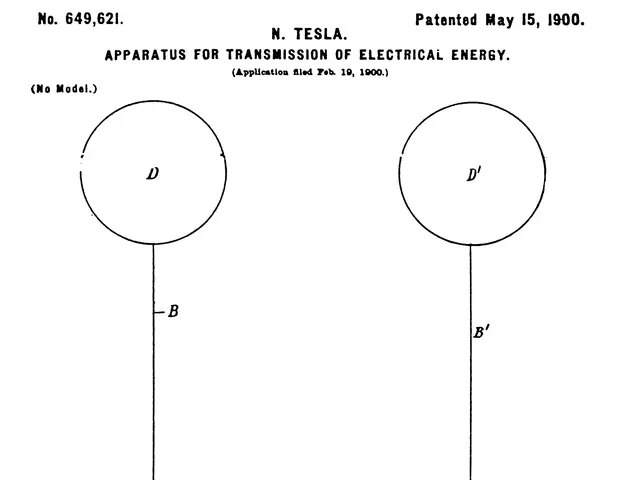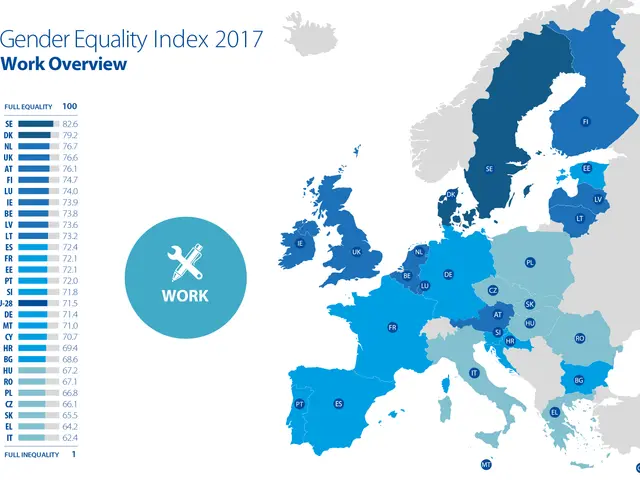Unbridled expansion and worthless web traffic in affiliate marketing
In the digital marketing landscape, affiliate marketing has become a significant player, but its current state is causing concern among industry insiders and C-suites alike. The focus on operational efficiency over strategic relevance has led to a divide between the industry's self-perception and its value in the eyes of executives.
Marcel Schoene, the founder, owner, and managing director of uppr GmbH, a leading agency for performance partnerships, is spearheading the call for change. He believes that the affiliate channel, once a powerful tool, has become a paper tiger: big in numbers but weak in substance.
The misuse of the affiliate marketing system has led to issues such as worthless traffic on an industrial scale, content without substance, and partnerships without value. Agencies often prioritize volume generation and short-term effectiveness over long-term quality, which has further exacerbated the problem.
AI, while promising to make the system faster, threatens to make it more prone to break rather than more intelligent. The use of AI tools without establishing governance structures does not produce better results, but more bad ones.
To address these issues, Performance Partnership Governance is proposed as a solution. This model includes a binding Code of Conduct 2.0, an independent Governance Board, mandatory training & integrity clauses, and robust risk management with zero tolerance limits. An annual governance check of all partnerships is also proposed to create transparency, anchor responsibility, and regain trust.
Quality is no longer an option but the only salvation for affiliate marketing. Marcel Schoene emphasizes the future of the affiliate marketing industry by focusing on improving transparency, quality of partnerships, and ensuring sustainable, trust-based relationships between merchants and affiliates to enhance effectiveness and long-term success.
The fixation on Cost-per-Order has systematically hollowed out affiliate marketing, with branding, customer retention, and customer lifetime value becoming less important. To re-found affiliate marketing ethically and strategically, it's crucial to think of it differently as partnership marketing, not as a leftover of performance planning, but as a transparent, strategically relevant channel.
Affiliate marketing can do more if it is perceived differently by all stakeholders, including advertisers, networks, public networks, agencies, and publishers. By taking responsibility for the current crisis and implementing radical governance, we can make affiliate marketing relevant again, establishing control, enforcing standards, and living up to our responsibility.







